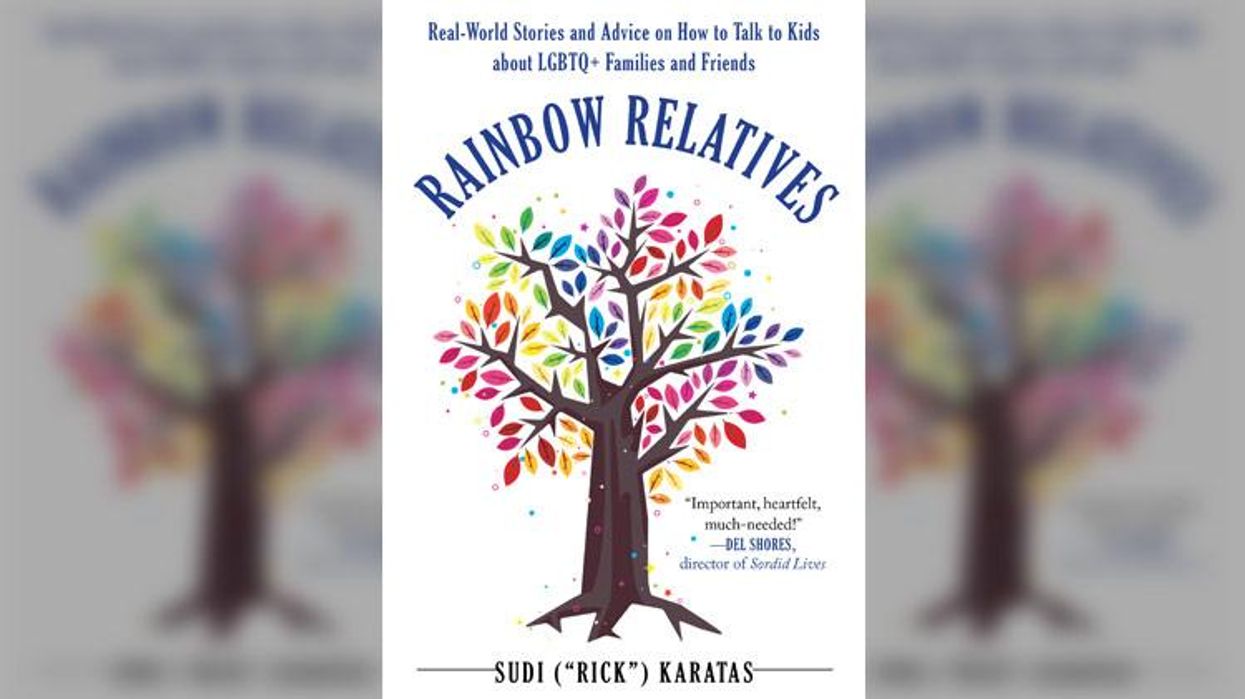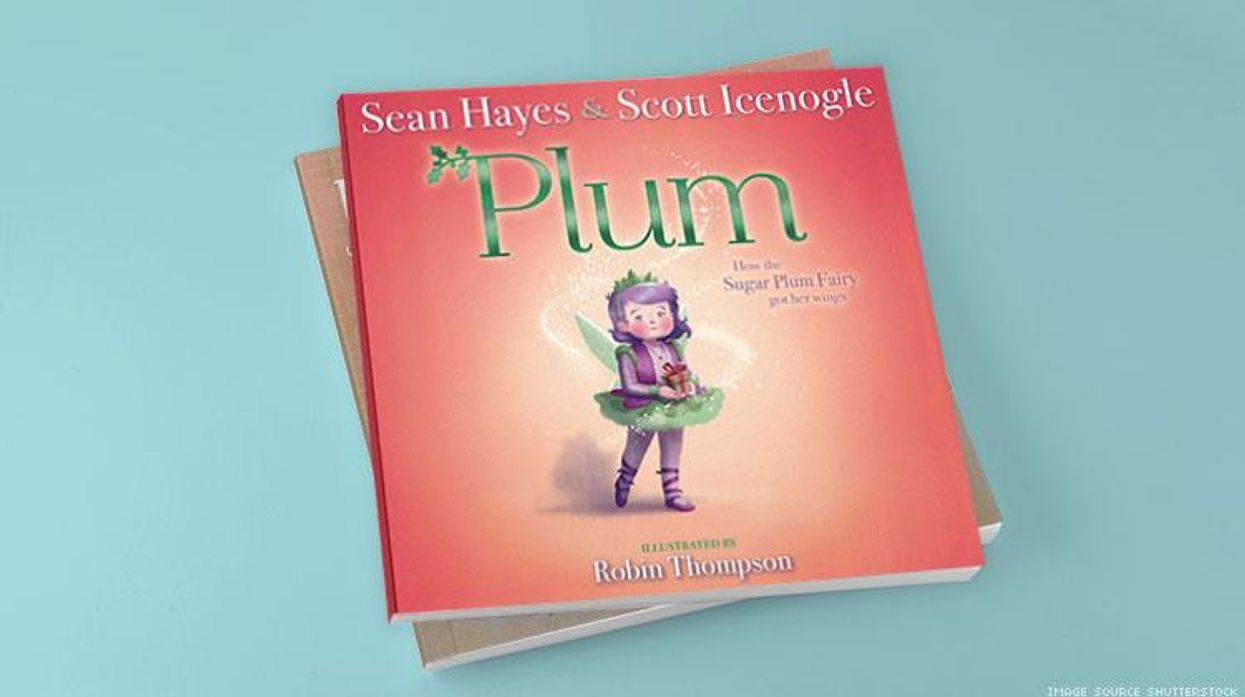In March, the preliminary findings of the PARTNER study were announced. The observational study found zero new infections in HIV-mixed, or serodiscordant, couples where the HIV-positive partner was receiving suppressive antiretroviral treatment.
From 2010 to 2014, The PARTNER study was conducted in 75 different locations in 14 European countries and documented more than 30,000 sexual acts conducted by HIV-mixed couples. The study's findings were presented at this year's Conference on Retroviruses and Opportunistic Infections by Dr. Alison Rodger of University College London. Only one-third of the couples who took part in the study were men who have sex with men.
Two previous studies, the so-called Swiss Statement of 2008 and 2011's HPTN 052, both suggested a very low risk of infection of an HIV-negative partner by an HIV-positive partner who is on effective ART, yet the data in both referred almost exclusively to heterosexual couples.
The near exclusion of gay men from these studies seems especially baffling given that the Centers for Disease Control and Prevention reported in 2012 that 63% of all new HIV infections occurred in men having sex with men. Furthermore, anal intercourse, the sex act most linked to MSM, had the highest likelihood of infection.
"There were big problems with their data," remarks Tina Bruun, a nurse and project coordinator for the PARTNER study, regarding the two previous studies. "No distinction had been made between condom/condomless sex, and they accumulated almost no information on anal sex. Heterosexual couples don't have very much anal sex."
The PARTNER study set out to develop more inclusive data than its predecessors. In the study, eligible couples were defined as one HIV-negative partner not taking PReP and one undetectable HIV-positive partner on ART, who had had unprotected anal or vaginal sex in the month prior to starting the study, expected to continue having sex with each other, and would come to a participating clinic for testing every six months. It's the first wide-ranging study of its kind to include statistically significant data from the group most vulnerable to infection.
Preliminary data from the 767 couples who participated showed that no HIV-negative partner became infected by his or her undetectable HIV-positive partner.
"From the PARTNER study, we now know that being undetectable and healthy is as good as being HIV-negative, as far as transmission goes," notes Scott McPherson, cofounder of the Stigma Project, an organization whose goal is to lower HIV infection rates and neutralize the stigma of HIV and AIDS through education.
The study's claim of zero transmissions does come with a few asterisks. First, an undisclosed number of new HIV infections occurred. However, genetic testing in each case revealed that the infection had not come from the HIV-positive partner, but from outside the relationship.
"We were also surprised to see how difficult it was to get gay men into the study," notes Bruun. "They accounted for only one-third of all the couples." This number provided enough quantifiable data to extrapolate about transmission rates, especially through anal sex, but not as much information as the study's designers would have liked. Despite the zero infections between participating gay male partners, PARTNER study researchers have projected that over the course of ten years, anal sex infection rates could be as high as 10%. "But it may also still be zero," adds Bruun. "We just need more information."
To get that information, the PARTNER study will begin Phase 2 later this year, using only gay male couples. To boost participation, they are currently working to add clinics in the United States, though at printing time none had been confirmed. Anyone interested in participating should visit Partner-Study.eu for information.
Illustration by Crumb















